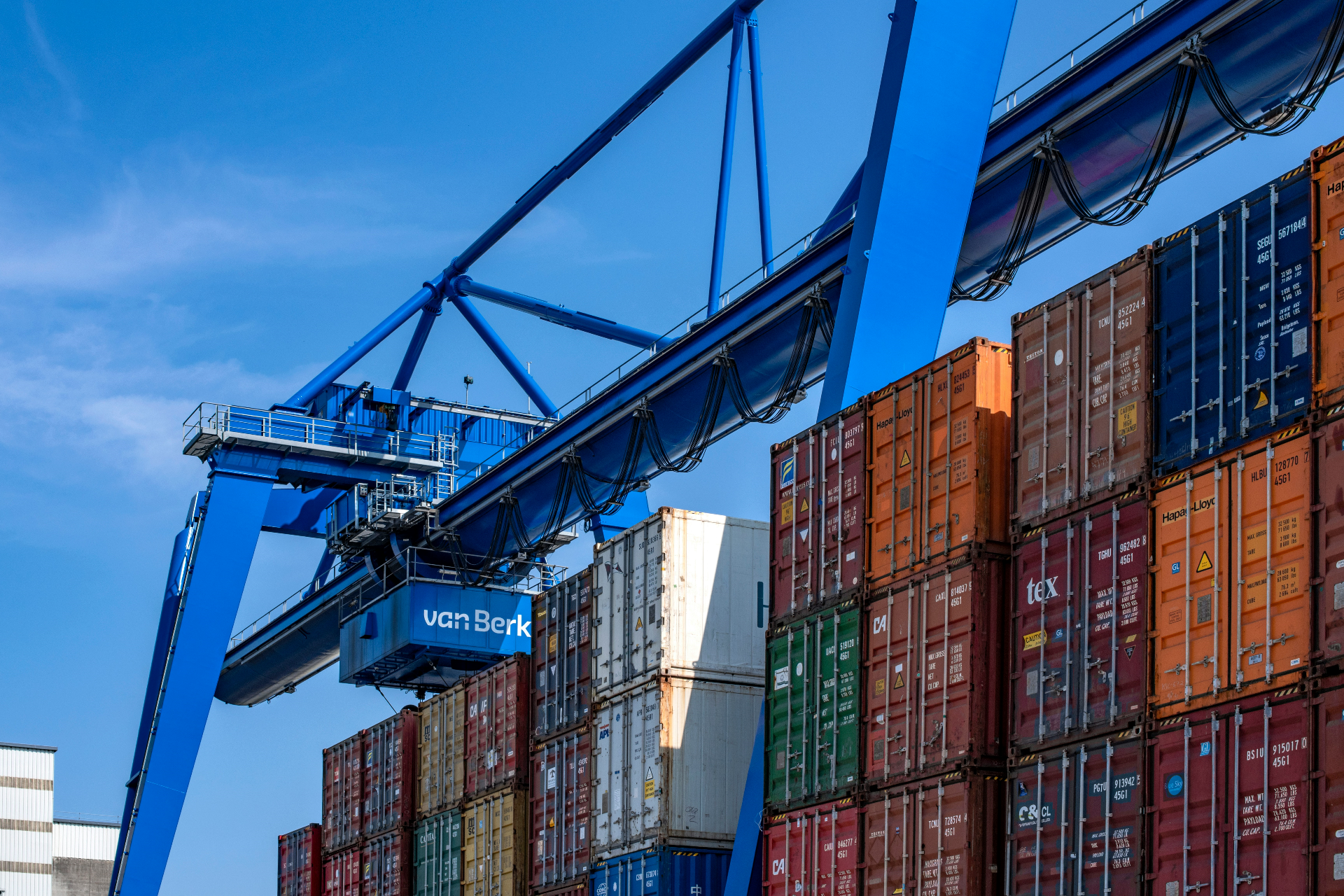Localization is a critical component of global market expansion. By adapting products, services, and marketing strategies to cater to the unique needs and preferences of local markets, businesses can establish strong connections with customers and drive success. Language localization, cultural adaptation, localized marketing and communication, excellent customer support, and compliance with local regulations are key elements of an effective localization strategy. Embracing localization allows businesses to navigate cultural barriers, build trust, and create meaningful customer experiences that drive growth and competitiveness in the global marketplace.
Language Localization
Language is a primary component of effective localization. Translating your website, product descriptions, marketing materials, and customer support into the local language is essential for connecting with your target audience. It is crucial to hire professional translators who not only possess language proficiency but also have a deep understanding of the local culture and context.
Cultural Adaptation
Cultural differences play a significant role in shaping consumer behavior and expectations. Adapting your products and services to align with local customs, traditions, and cultural sensitivities is vital. This may involve modifying product features, packaging, pricing, or even the user experience to better resonate with the local audience. Conducting thorough market research and collaborating with local partners can provide valuable insights into cultural nuances.
Localized Marketing and Communication
A successful localization strategy includes tailoring your marketing and communication efforts to the preferences of each target market. This involves adapting your advertising campaigns, social media presence, and content to align with local trends, values, and communication styles. Employing local influencers or brand ambassadors can also help build credibility and trust within the community.
Customer Support
Providing excellent customer support is crucial for gaining customer loyalty and satisfaction. Offering support in the local language and understanding the cultural norms and expectations around customer service is vital. This may involve establishing local customer service teams or partnering with local call centers to ensure prompt and culturally appropriate assistance.
Compliance with Local Regulations
Understanding and complying with local regulations is paramount to successful localization. This includes adhering to product safety standards, data privacy laws, labeling requirements, and any other relevant regulations specific to the target market. Failing to comply with local regulations can lead to legal issues, reputational damage, and barriers to market entry.
Related Information



















































